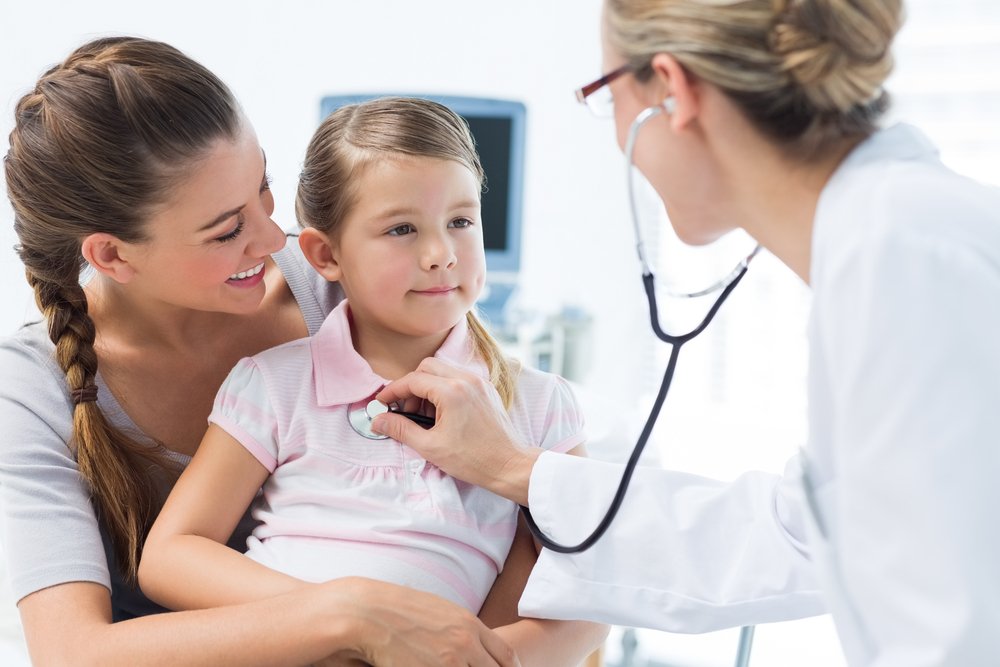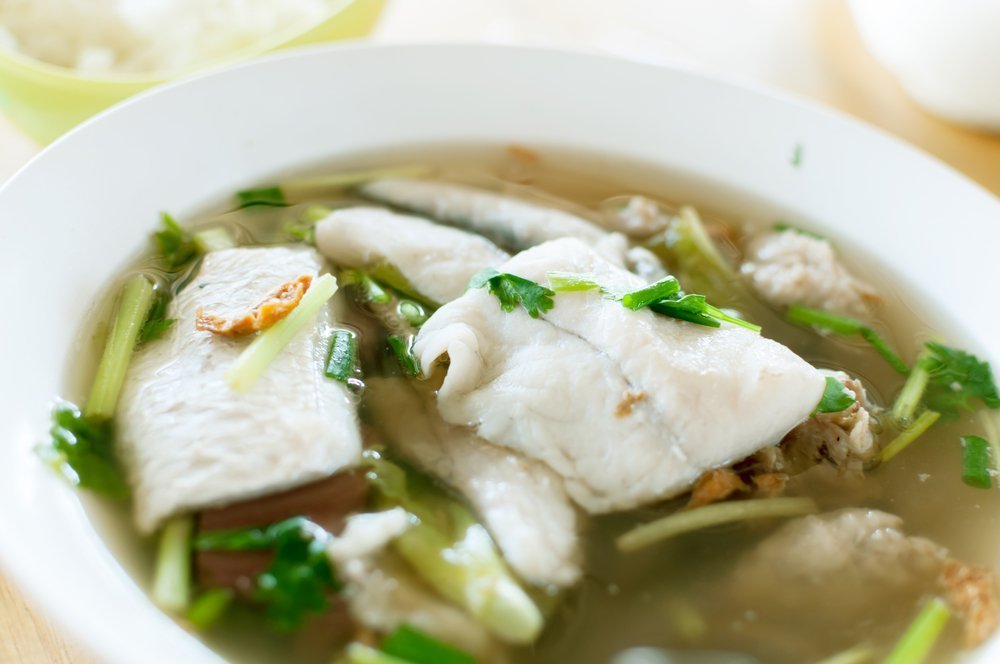Children feel weak for a while after being ill. And this is normal, because during the illness, the baby’s body spent a lot of energy fighting infection and viruses. But what points in the child’s behavior should you pay attention to, so as not to miss the symptoms of heart disease?
Preventing heart disease in children after an infection

A child’s growth, development, and health depend on whether the baby’s heart is developing properly, whether it has time to get strong enough to handle the stresses, and whether it can withstand an attack of viruses?
A child’s heart is very vulnerable and can be affected by many diseases: pyelonephritis, measles, chicken pox, pneumonia, angina, or the common cold. An infection can sometimes provoke inflammation of the heart muscle – myocarditis.
Toxic substances released by viruses and bacteria cause damage to the muscle fibers of the child’s myocardium. As a result, the child’s heart beats faster or slower than it should, its cavities may expand, and most importantly, it becomes weaker.
If children have had any kind of infection, they should be monitored closely for a month. Myocardial symptoms usually appear in the third or fourth week after convalescence, when there seems to be no more trouble to come.
Therefore, you need to pay attention to how children tolerate physical activity? Do they take part in active games? Do they tire quickly? Do they have shortness of breath after moving games or running? If lethargy, rapid fatigue, lack of appetite, poor mood or even swollen feet are observed – these symptoms should be noted and the child should be seen by a pediatric cardiologist.
In order to ease the child’s heart, the child’s level of physical activity should be clearly monitored for one month after any infection.
It is not recommended to excite him, we are also talking about pleasant excitement (surprise is also stressful). You should put your baby to bed, take him for walks and feed him at certain times.
It is necessary to check the pulse rate regularly. The normal heart rate for a newborn baby is 150-160, for children after one year of age it is 120, and after five years of age it is 100 per minute. Check the pulse rate should be at rest: with physical activity and as a result of excitement, the pulse rate is naturally increased. If the baby’s heart rate has deviations from the norm, you need to show your child to the doctor.
Diet in a baby’s diet after an infection

To improve the health of children after illness, it is recommended to follow a diet that strengthens the heart muscle. Babies should eat protein foods daily: meat, fish products, cottage cheese, kefir, and yogurt. From the diet excluded fried, spicy, salty and smoked foods. The child should eat five meals a day, and portions should be small.
Often the baby does not want to have breakfast. And you do not need to force it! Let him have a little snack, and at about eleven o’clock you can have breakfast. Important rule of nutrition – do not overfeed at night: it is negatively reflected in the health of children.
For a weakened heart – a big dinner – a hard ordeal. The last meal should be two hours before bedtime, and before going to bed you can give an apple, a glass of kefir, low-fat yogurt.
In addition, the heart muscle needs potassium as well as B vitamins. The latter can be purchased in the pharmacy in the form of vitamin complexes, and potassium can provide the children’s heart with the consumption of raisins, bananas, apricots, bananas, figs, prunes, persimmons, as well as jacket baked potatoes, eggplants, herring, semolina, buckwheat and barley porridge.
You should not completely give up fats: such diets have a negative effect on children’s health because of the lack of useful substances. It is not recommended to use such a diet during the period of active growth.
Experts say that in the diet of a child two years of age and older, the proportion of fats consumed should not exceed 30% of all daily calories. Fatty red sea fish is extremely useful in this regard.
It is necessary to give children salads prepared from fresh vegetables with the addition of vegetable oil, which contains a large amount of polyunsaturated fatty acids that supply energy to the heart muscle and play an important role in the process of cellular repair. Due to the beneficial qualities of this food, fat-soluble vitamins A, D and E, so necessary for the weakened heart, are better absorbed from fresh vegetable salads and greens.
Healthy drinks and fresh air for the vigor and health of children

Is your baby lethargic and quickly tired? There is no need to follow the example of some mothers who offer their child strong tea or coffee for breakfast in an attempt to cheer him up. With one cup of coffee, the body receives about 200 mg of caffeine. Even as medicine, this substance is prescribed to children in doses four times smaller than that contained in one cup of coffee.
The effects of caffeine force the baby’s weakened heart to beat at an accelerated rate, which has a very negative effect on his health.
It is desirable to replace traditional coffee with chicory. Children can also be offered tea, but only weak and with milk – it neutralizes the negative effects of caffeine.
But delicious cocoa cooked with milk can safely include in the child’s diet. Such a drink will only be good for the child’s heart – it contains very necessary for him magnesium. But do not forget that the less sweetness in cocoa, the better-the added sugar in the drink prevents the absorption of magnesium and other nutrients.
Walking outdoors is a great way to cheer up children. It is not necessary to immediately offer your baby to run or play active games. During a short walk during daylight hours, you can offer him to feed the ducks in the pond, collect leaves or just take a walk in the park.
It is not recommended immediately the day after discharge to send your child to kindergarten, it is desirable to spend a couple of days with him at home.
Although the child is already healthy, his body has not yet fully recovered from the illness and, as a rule, it is still hard for him to withstand the physical and emotional stress of a preschool institution.
Proper nutrition and moderate physical activity will help your baby recover faster after illness and gain strength for growth and activity.
The articles on this site are for information purposes only. The site administrators are not responsible for attempting to apply any recipe, advice or diet, nor do they guarantee that the information provided will help or harm you personally. Be cautious and always consult a doctor or nutritionist!
*All products recommended by thefirstdoc.com are selected by our editorial team. Some of our articles include affiliate links. If you buy something through one of these links, you help us earn a small commission from the seller and thus support the writing of useful and quality articles.





